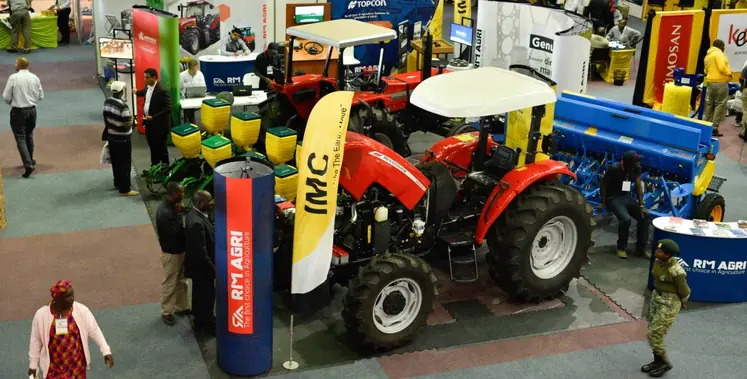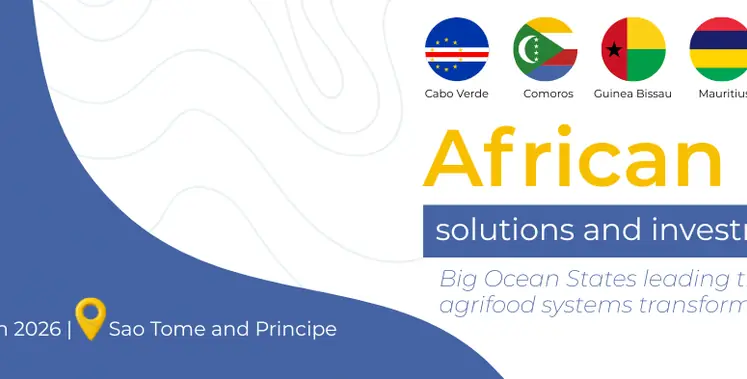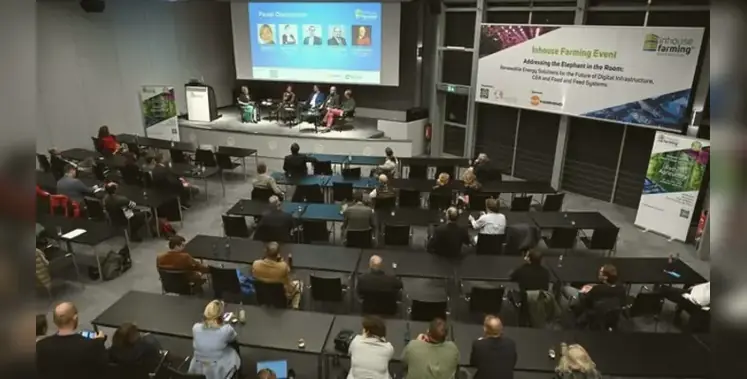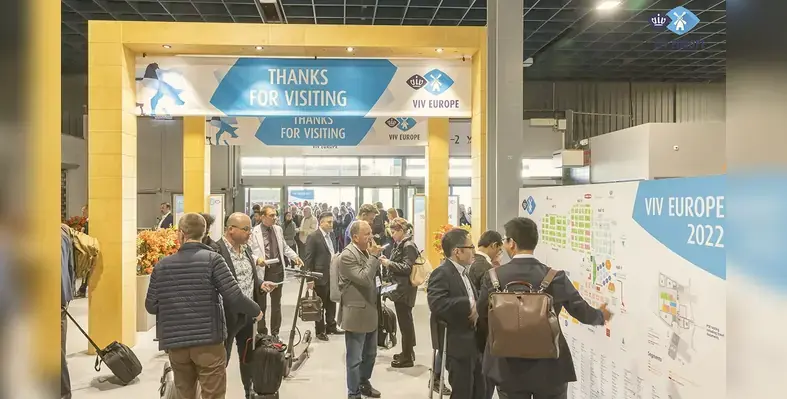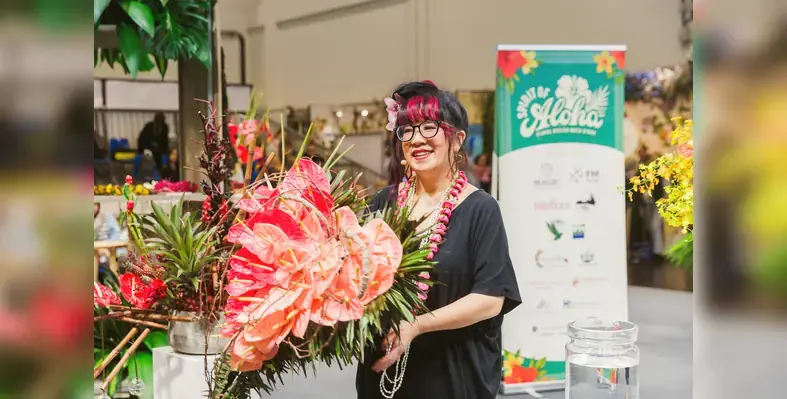Agritec Africa 2026 is a major international agriculture exhibition and conferencefocused on showcasing the latest technologies, innovations, and solutions for the agricultural sector in Africa.
Organised by Radeecal Communications, the event creates a meeting point for industry leaders, farmers, investors and policymakers from across the continent and beyond. It offers a practical space to exchange ideas, discover emerging trends and build meaningful business relationships that support the growth of African agriculture.
The 12th Agritec Africa 2026 edition will take place from 17 to 19 June 2026 at the Kenyatta International Convention Centre (KICC) in Nairobi, Kenya. The exhibition is expected to host around 175 companies representing more than 25 countries. Exhibitors will present a wide range of products and services, from farm machinery and agricultural inputs to modern technologies designed to improve productivity and sustainability. Visitors can expect direct access to suppliers, manufacturers and service providers who are shaping the future of farming.
Alongside the main exhibition, the 12th Dairy, Livestock & Poultry Expo Africa and the 6th Graintech Africa Expo will run concurrently. These co located events broaden the scope of the programme by covering livestock management, dairy production, poultry farming and grain processing. Together, they create a comprehensive platform that reflects the full agricultural value chain.
For 2026, organisers have placed greater emphasis on farming machinery and agricultural inputs, including dedicated open air display areas for large equipment. There will also be opportunities for pre scheduled meetings between exhibitors and visitors, making networking more focused and productive. Seminars and workshops during the first two days will provide insight into industry developments and practical solutions.
Agritec Africa continues to support innovation, trade and collaboration within Africa’s evolving agricultural landscape.




